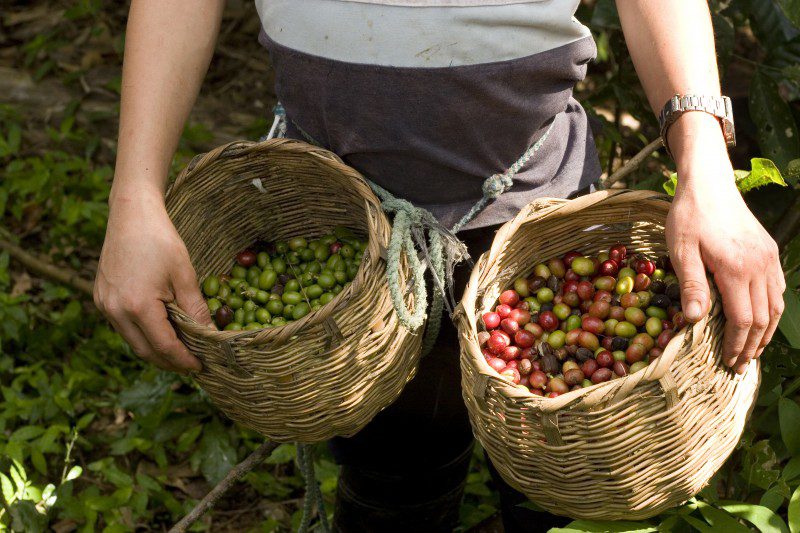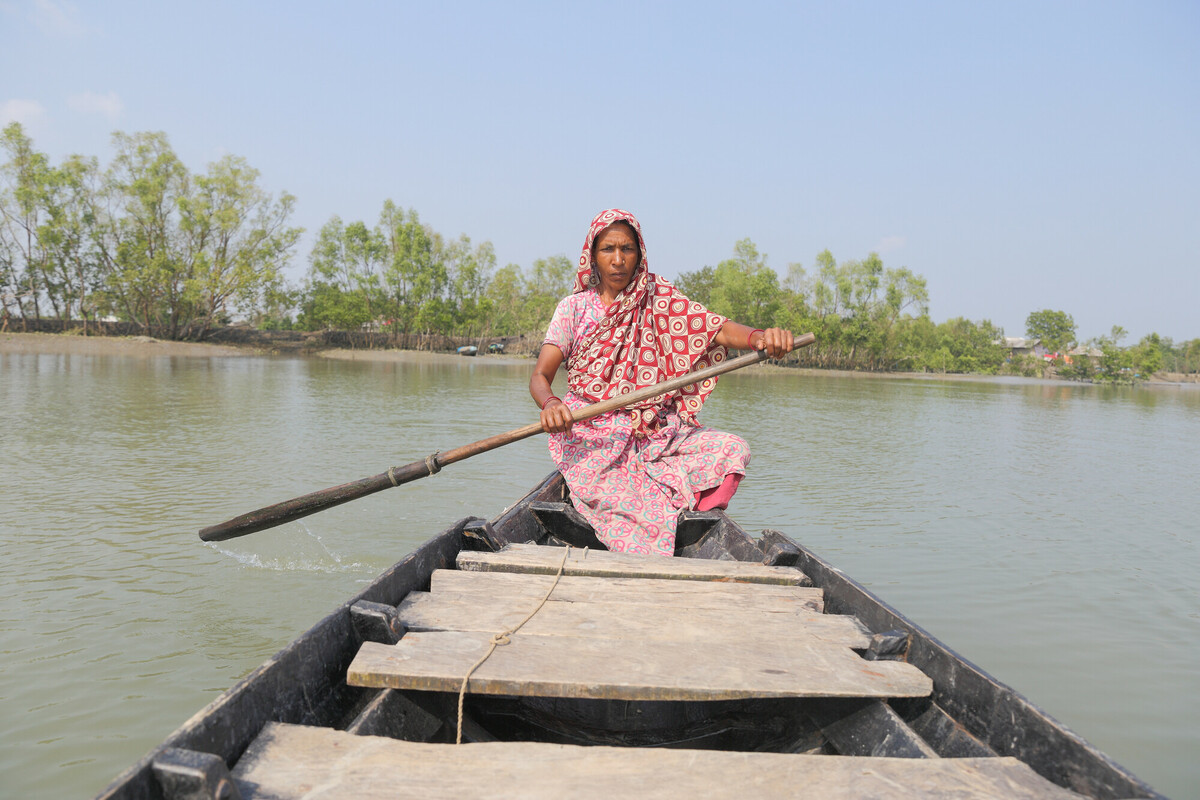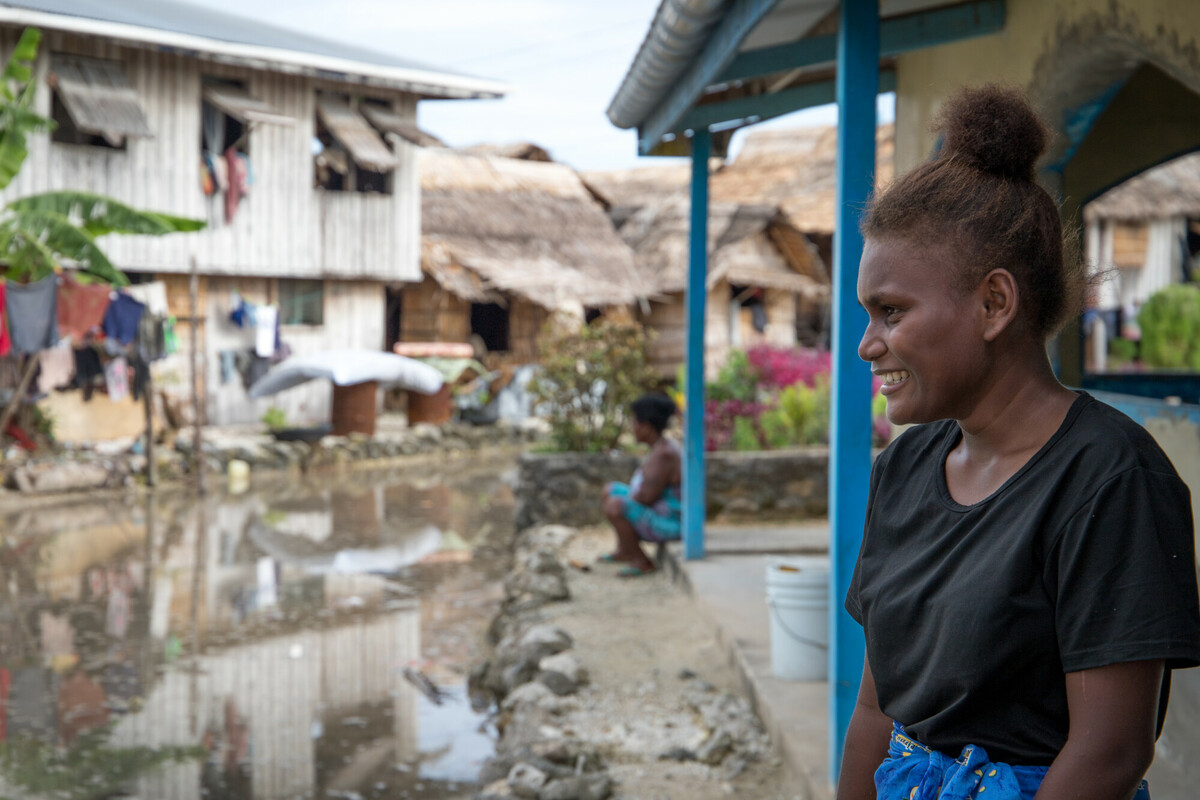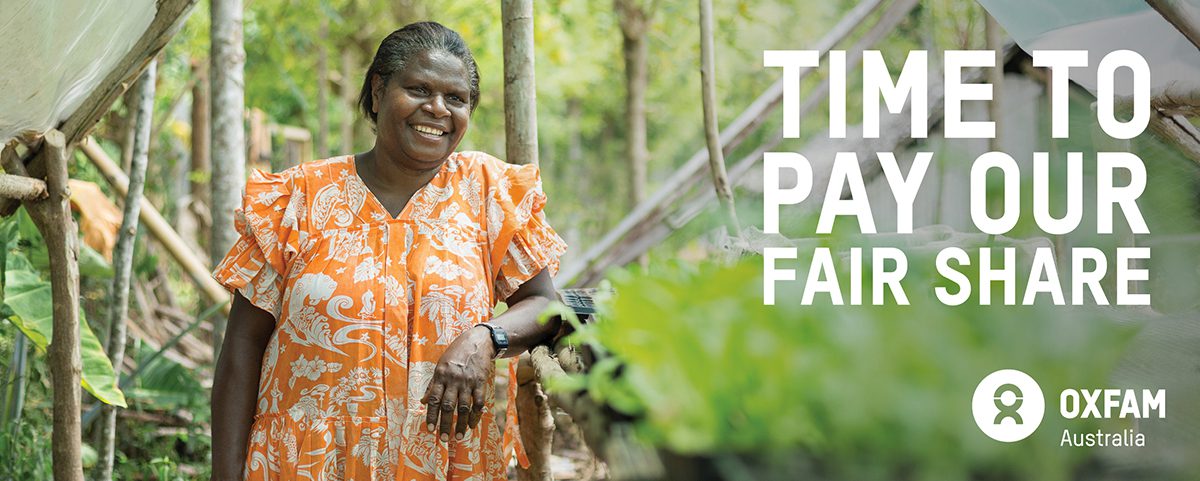What happens when climate change impacts on source products that are part of a global supply chain? Oxfam posed this question to three multinational corporations to find out what companies can do to support the farmers in their value chains to adapt.
The boss of the world’s largest oil and gas company, ExxonMobil, recently described global warming as “manageable”. He thinks cutting greenhouse gas emissions is unnecessary and that it’s better to just adapt to the risks such as higher sea levels and changing conditions for agriculture. It’s hardly an impartial view, and it made me wonder what he would say to the many Pakistani farmers who lost their livelihoods during the massive floods of 2010, if he ever met them face-to-face?
At Oxfam we know that hundreds of millions of people are already suffering damage from a rapidly changing climate, which is frustrating their efforts to escape poverty. We have heard time and again that farmers are finding it increasingly difficult to know what to plant and when, as seasons that have been relied on for generations are becoming erratic and hard to predict. At the same time, scientists have become increasingly confident in attributing extreme weather, such as the Pakistan flood and the Russian heat wave which occurred that same year, to climate change.
How, though, do climate change impacts on agriculture in developing countries affect companies and consumers at the other end of global value chains? This was one of the questions Oxfam considered for a new discussion paper, Climate Change Risks and Supply Chain Responsibility. We wanted to understand the role and responsibility of companies to support farmers in their value chains to adapt.
The paper is built around interviews with three companies: Marks & Spencer, Starbucks and The Body Shop. It also explores how growers of key products they source – cotton, coffee and sesame oil – have been affected by climate change.
Through our interviews we heard how Pakistani cotton farmers working on less than five hectares of land rented from land-owning elites were hit hard by the floods. Worse still, they missed out on government assistance, which was directed to the land owners rather than the affected farmers.
We also heard that across Colombia, rainfall has been 40 per cent greater than average in the last three years – unprecedented according to the Colombian Coffee-Growers Federation – leading to landslides and increased incidence of disease in coffee plants. Coffee farmers are responding by replacing much of the Colombian crop with more resistant varieties, costing farmers several years of lost income as they wait for new trees to mature.
And we heard that in Nicaragua, unpredictable and extremely wet weather has weakened sesame plants and interrupted the drying of the seeds, causing many of them to go rancid. However, a local co-operative of farmers has developed a comprehensive strategy in response – diversifying what they grow so that livelihoods can be maintained, whatever the weather.
The companies we spoke to say that farmers’ hardships do not yet impact on their business or their customers, though some companies acknowledge that all is not right.
Value chains are particularly vulnerable in the face of multiple shocks, such as the Pakistan floods which hit when cotton supplies were already low, leading to panic buying. Cotton prices shot up from a long-term average of about 65-75 cents a pound, to almost $2.50 a pound for some shipments.
Ignoring these risks can lead companies and producers to adopt short-term coping strategies that deal with the immediate issues, but which may undermine longer-term resilience. However, given scientific uncertainties around the precise location, magnitude, timing and consequences of climate impacts, how should companies respond?
Five ‘no regrets’ action all companies could take
‘No regrets’ actions include:
- Raise internal awareness and understanding to ensure key decision-makers integrate adaptation into core business strategies. Case studies from Climate Risks and Supply Chain Responsibility and elsewhere can help.
- Ask farmers, especially those in your value chain, how climate is affecting them and what they can do in response. Companies may be surprised by what they hear.
- Build longer term and more stable relationships with suppliers.Where markets are more stable, farmers are empowered to invest for the future.
- Poverty and environmental degradation leave producers vulnerable to shocks. Support overall community development and environmentally sustainable practices to strengthen resilience.
- Work through existing institutions, including governments and research institutes. It’s sometimes easier to ‘go it alone’ but nearly impossible to achieve scale in this way.
This is a work in progress – Oxfam certainly doesn’t have all the answers. We want to understand from others whether the proposals we set out are realistic and how sourcing strategies will need to change in future? What we do know, however, is that doing nothing is not an option.
First published on Oxfam GB
by Jodie Thorpe, Oxfam Great Britain Private Sector Policy Adviser




